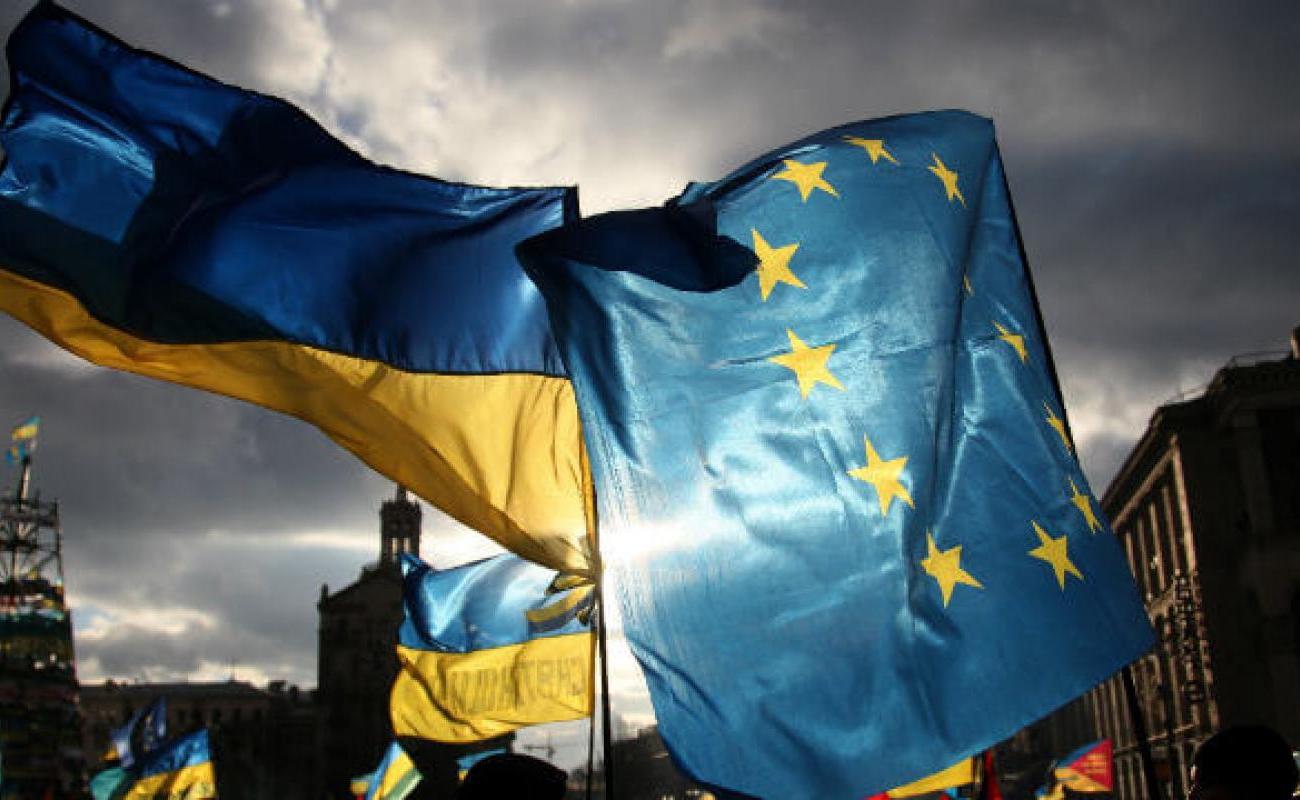EU agrees to give €500M in arms, aid to Ukrainian military in ‘watershed’ move

The European Union agreed Sunday to provide some €500 million in arms and other aid to the Ukrainian military as it battles Russia’s invasion, in a move the bloc described as a “watershed moment” in its history.
The EU’s treaties bar the bloc from using its normal budget to fund operations with military or defense implications. Under the plans announced Sunday, as first reported by POLITICO, the EU will use an off-budget so-called “European Peace Facility” financing instrument with a ceiling of €5 billion that can be used to provide military aid.
“For the first time ever, the EU will finance the purchase and delivery of weapons and other equipment to a country that is under attack,” European Commission President Ursula von der Leyen said at a media appearance alongside the EU’s foreign policy chief, Josep Borrell. “This is a watershed moment,” she added.
The plan was agreed at an emergency videoconference of EU foreign affairs ministers on Sunday evening.
“Another taboo has fallen,” Borrell said. “The taboo that the EU was not providing arms in a war, yes we are doing it … This war requires our engagement in order to support the Ukrainian army.”
Borrell said the EU had agreed “to provide arms — lethal arms, lethal assistance — to the Ukrainian army for a value of [a] €450 million support package and €50 million more for the non-lethal supplies – [such as] fuel and protective equipment.”
The amount represents 10 percent of the €5 billion allocated to the European Peace Facility for the 2021-2027 budget cycle and “almost all what we can spend for this year,” one diplomat said.
The plans were announced a day after the German government said it would provide lethal weapons to Ukraine — a historic shift by a country that had long prohibited sending such arms into conflict zones.
Von der Leyen and Borrell said the proposal will also strengthen the EU’s previously announced package of measures designed to step up international support for Ukraine by imposing more financial sanctions on Russia for its invasion of Ukraine, like removing “selected Russian banks” from the SWIFT international payments system.
The EU is also set to shut down its airspace for Russian planes — following similar moves made by most EU countries — and ban what von der Leyen called the Kremlin’s “media machine,” referring to state-owned outlets like Russia Today and Sputnik, as well as their subsidiaries.
Sanctions will also be strengthened against Belarus and Belarusian leader Alexander Lukashenko, a close Russian ally, with restrictive measures affecting the country’s mineral, fuels, tobacco and steel sectors, and “those Belarusians helping the Russian war effort,” von der Leyen added.
